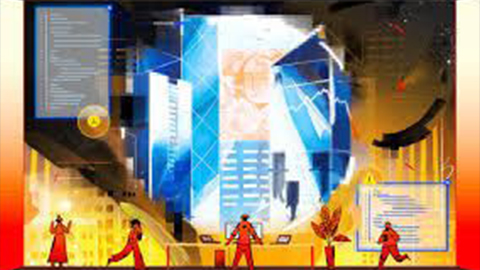 As we witness our national leader clearly prioritize his own ego in front of the welfare of those he is sworn to serve, life has been looking a little dire. And yet, every time a tweet challenges our values and beliefs, every time there is a new, rapid-fire tragedy – from hurricanes to earthquakes to fires to mass shootings - Americans step up to the plate and display the best of our common humanity – in fact, even as we voice outrage, we restate our commitment to each other.
As we witness our national leader clearly prioritize his own ego in front of the welfare of those he is sworn to serve, life has been looking a little dire. And yet, every time a tweet challenges our values and beliefs, every time there is a new, rapid-fire tragedy – from hurricanes to earthquakes to fires to mass shootings - Americans step up to the plate and display the best of our common humanity – in fact, even as we voice outrage, we restate our commitment to each other.
Whether it is the stranger who puts himself in harm’s way to save the life of another during the Las Vegas shooting or the Hand In Hand telethon aired on all major television networks simultaneously with over 15 million engaged viewers that helped hurricane victims, or kindergarteners who donate their hair for children with cancer, or a teen who invented an app to fight bullying by assuring no student has to sit alone at lunch; or the staff member at the Chicago YWCA who secured VA funding so that returning veterans would have childcare during doctor visits or job interviews, Americans are demonstrating the values that distinguishes this country as one of the topmost giving nations in the world.
The truth is, in the midst of tragedy, we are taking our country back from those who are interested in defining and controlling a smaller world, one in which a few with the greatest financial resources make rules for everyone to satisfy their fear of losing that control.
There is a choice here. We can cower at the daunting nature of successively painful events and allow ourselves to be moved to despair. Or, we can decide that this time offers us unlimited opportunity to unleash our creativity; to assure that the lives lost and suffering endured by countless Americans are both remembered and part of the story of building our best future.
As demonstrated by Elon Musk’s offer to rebuild Puerto Rico’s power grid, we are learning that we can have a creative response to tragedy that moves us into a better future than before tragedy struck. Our creative responses must include all of us, not just the few at the top of the financial pyramid. In the last several years, technologies that support democratic participation, such as tweeting, crowdsourcing and other social platforms, are disrupting the hold of the few on the many.
The power grid is shifting and it includes the rising leadership of women, who have even to date been relegated to roles that serve a traditional power paradigm, with lesser pay and fewer leadership roles. It is symbolic that Saudi Arabian women finally have legal right to drive…because women are a global force for a kind of creativity that positively connects the community of man and womankind.
In addition, new organized movements and protests highlight an evolution from the mistreated or ignored minority to the insistence on fair and equitable consideration: from Black Lives Matter and the NFL player response, to immigrants whom the majority of citizens insist on being included and considered as Americans, to those marginalized communities, such as LGBTQ, having a collective voice. Organizations are being born and emerging with a fire not possible without the contrast provided by an older white man “at the top” demonstrating the worst of the old paradigm - believing he has all the right answers, telling people what to do and expecting them to follow…because he said so.
We have a choice.
We can complain and despair; or we can choose to see this historical moment as the most creative possibility for reshaping our country through the values that support the dignity, humanity and potential of our collective society. Our common belief that this is possible makes it possible. Our choice to creatively respond to tragedy inspires greater service to each other, the planet and our collective future.

Therese Rowley, Ph.D.
As a skilled intuitive, consultant, and thought leader, Dr. Rowley supports leaders making strategic decisions with intuitive data and deepens their access to intuition. Her work with Fortune 500 and smaller company leaders in facilitating large scale change in industries such as telecommunications, manufacturing, market research, marketing/communications, real estate development, and financial services spans three decades.